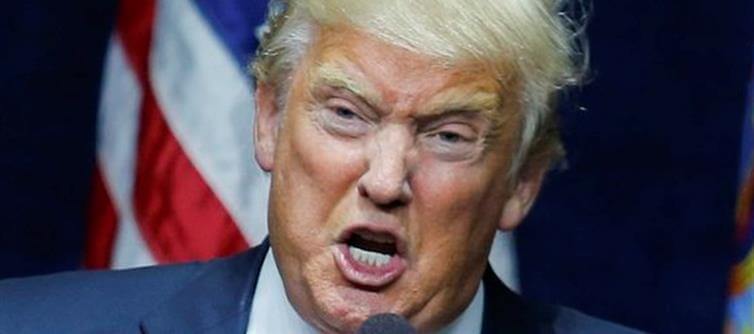
When donald trump slapped a crushing 50% tariff on indian exports, New Delhi’s response wasn’t retaliation—it was accommodation. The Modi government swiftly scrapped the 11% import duty on raw cotton, first temporarily and then through year-end 2025.
Critics called it a humiliating surrender. “Instead of matching tariffs, Modi bent over backwards,” opposition leaders charged, pointing to the loss of bargaining power. Farmers’ unions were livid. Punjab’s Samyukt Kisan Morcha warned that cheap foreign cotton would flood the market, undercutting domestic growers. At a fiery mahapanchayat, union leaders accused the government of “sacrificing the kisans to save its industry friends.”
The optics were equally poor. Textile mills and stock markets cheered, while farmers, who form the bedrock of India’s agrarian economy, felt abandoned. Opposition parties seized the moment, comparing the policy to “outsourcing India’s agriculture to U.S. interests.”
Some leaders recalled former PM manmohan Singh’s caution: foreign policy isn’t about hugs or photo-ops. “This is the price of gimmick diplomacy,” congress MPs thundered in Parliament, mocking the government’s silence on Trump’s taunts.
In this telling, the cotton duty waiver wasn’t clever strategy—it was a kowtow under pressure. industry may have won a reprieve, but farmers were left holding the bill.




 click and follow Indiaherald WhatsApp channel
click and follow Indiaherald WhatsApp channel